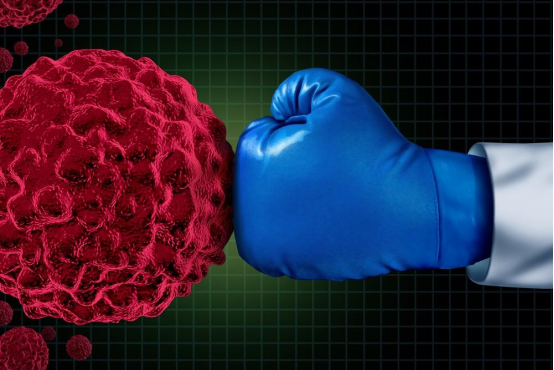Common Types of Cancer Immunotherapy
Immunotherapy, or biologic therapy, leverages substances either created in a lab or naturally within the body to enhance the immune system’s ability to fight cancer.
Immunotherapy, or biologic therapy, leverages substances either created in a lab or naturally within the body to enhance the immune system’s ability to fight cancer.

The primary goal is to boost a cancer patient’s immune defenses, halt the spread (metastasis) of cancer, and prevent further tumor growth. Depending on how it works, immunotherapy can be classified into several distinct types:
Oncolytic Virus Therapy
Oncolytic virus therapy uses genetically engineered viruses that are injected into tumors. These viruses selectively infect and kill cancer cells while sparing healthy tissue. In doing so, they stimulate the immune system to recognize and attack the cancer, making this approach a dual action therapy.
Monoclonal Antibodies
Monoclonal antibodies are laboratory-made molecules designed to target specific proteins found on cancer cells. These antibodies help the immune system identify and eliminate cancerous cells. Additionally, monoclonal antibodies can be used to block growth signals, thereby hindering the progression of cancer.
Cancer Vaccines
Cancer vaccines are designed to provoke the immune system by introducing specific antigens, substances that trigger an immune response. These vaccines can either be preventive or therapeutic. Preventive vaccines are used to lower the risk of developing certain cancers, while therapeutic vaccines aim to treat existing cancers by stimulating the immune system to target and attack cancer cells.
Non-Specific Immunotherapies
Non-specific immunotherapies, which include interferons and interleukins, work by stimulating the immune system in a more generalized way. Interferons are often used to treat a variety of cancers, whereas interleukins are typically used for treating kidney cancer and melanoma. These therapies are commonly combined with other cancer treatments like chemotherapy or radiation for enhanced effectiveness.
T-Cell Therapy (CAR-T Cell Therapy)
T-cell therapy, also known as CAR-T cell therapy, uses the patient’s own T-cells to fight cancer. Healthy T-cells are extracted from the patient’s blood and genetically modified in the lab to express receptors that can recognize and target cancer cells. Once multiplied, the modified T-cells are reintroduced into the patient’s body to seek out and destroy cancerous cells.
These forms of immunotherapy offer new and promising avenues for cancer treatment, often in combination with other therapies to improve outcomes.